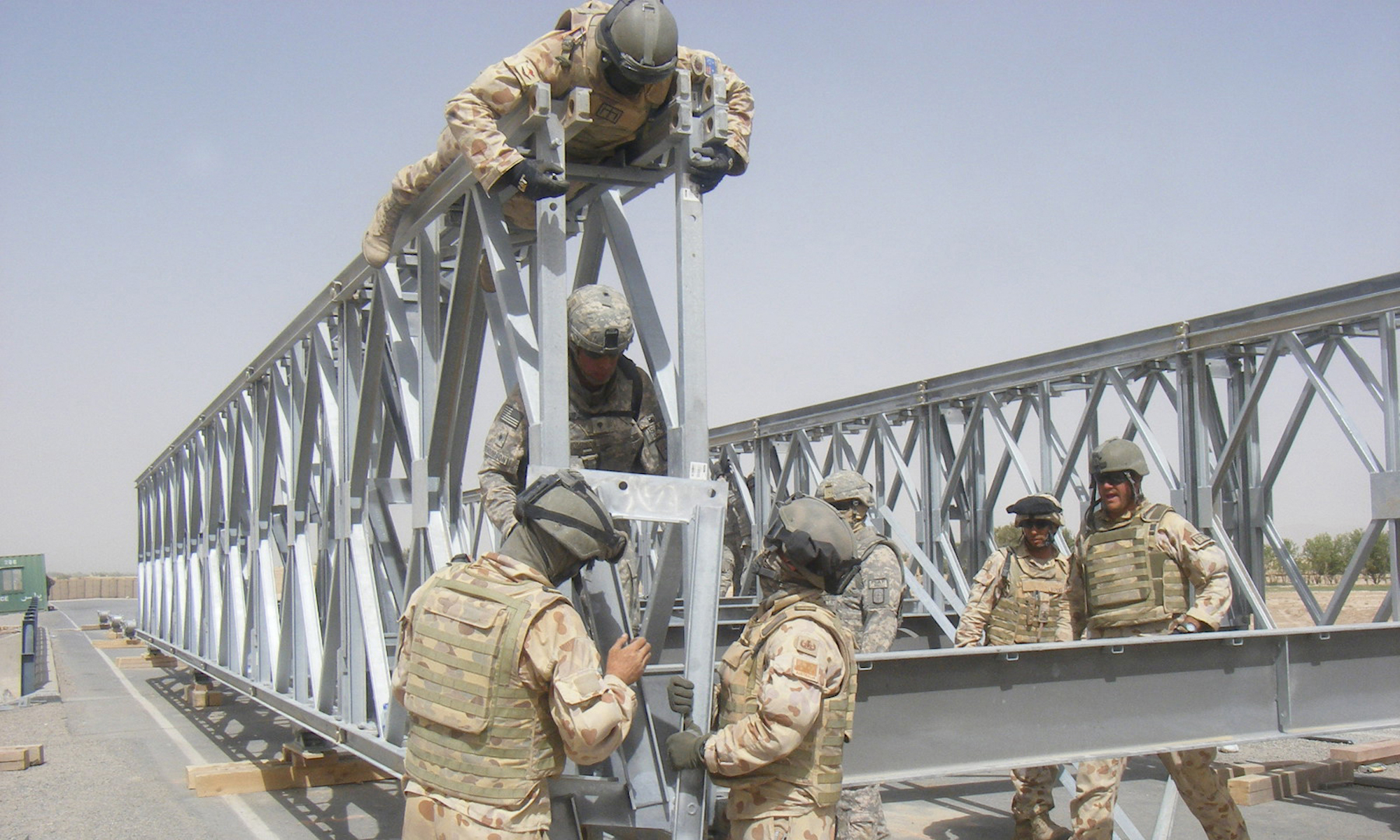Managing Insecurity: Field Experiences of Security Sector Reform
Effective peacebuilding in the aftermath of civil war usually requires the drastic reform of security institutions, a process frequently known as security sector reform. Nearly every major donor, as well as a growing number of international organizations, supports the reform of security organizations in countries emerging from conflict and suffering high levels of violence. But how are reform strategies implemented? This collection of case studies (Papua New Guinea, Solomon Islands, Sierra Leone, Iraq, Timor-Leste, Mozambique, Serbia, Colombia, Uruguay, Peru, Jamaica) examines the strategies, methods, and practices of the policymakers and practitioners engaged in security sector reform, uncovering the profound conceptual and practical challenges encountered in transforming policy aspiration into practice.
Unspeakable Truths: Transitional Justice and the Challenge of Truth Commissions
In a sweeping review of forty truth commissions, Priscilla Hayner delivers a definitive exploration of the global experience in official truth-seeking after widespread atrocities. When Unspeakable Truths was first published in 2001, it quickly became a classic, helping to define the field of truth commissions and the broader arena of transitional justice. This second edition is fully updated and expanded, covering twenty new commissions formed in the last ten years, analyzing new trends, and offering detailed charts that assess the impact of truth commissions and provide comparative information not previously available. Placing the increasing number of truth commissions within the broader expansion in transitional justice, Unspeakable Truths surveys key developments and new thinking in reparations, international justice, healing from trauma, and other areas. The book challenges many widely-held assumptions, based on hundreds of interviews and a sweeping review of the literature. This book will help to define how these issues are addressed in the future.
Capacity and its Fallacies: International State Building as State Transformation
Transnational Police Building: Critical Lessons from Timor-Leste and Solomon Islands
In this paper we begin by defining and examining the concept of police building. Its historical precedents and contemporary forms are briefly reviewed, showing a variety of motives and agendas for this kind of institution building. We argue that police building has been a relatively neglected dimension of nation- and state-building exercises, despite its importance to functions of pacification and restoration of law and order. The emerging literature on international police reform and capacity building tends to adopt a narrow institutionalist and universalistic approach that does not take sufficient account of the politics of police building. This politics is multilayered and varies from the formal to the informal. Using two case studies focusing on events in 2006 in Timor-Leste and Solomon Islands, the reasons for the fragility of many current police-building projects are considered. In both cases, we argue, police capacity builders paid insufficient attention to the political architecture and milieu of public safety.
Peacebuilding in the Pacific: The Australian Military Experience
Security and Development in the Pacific Islands: Social Resilience in Emerging States
Reflecting a growing awareness of the need to integrate security and development agendas in the field of conflict management, the authors of this original volume focus on the case of the Pacific Islands. In the process, they also reveal the sociopolitical diversity, cultural richness, and social resilience of a little-known region. Their work not only offers insight into the societies discussed, but also speaks to the realities of political community and statebuilding efforts throughout the developing world.
